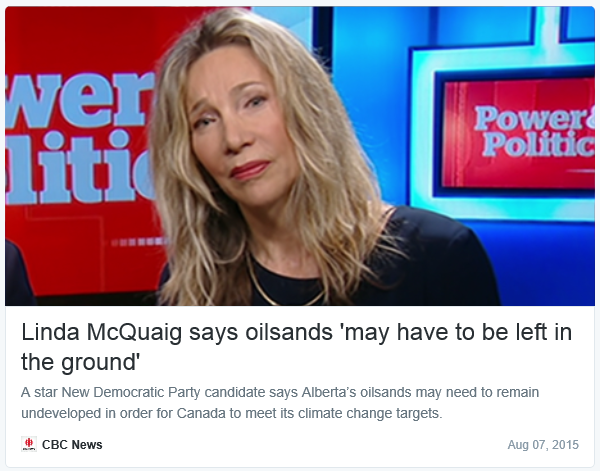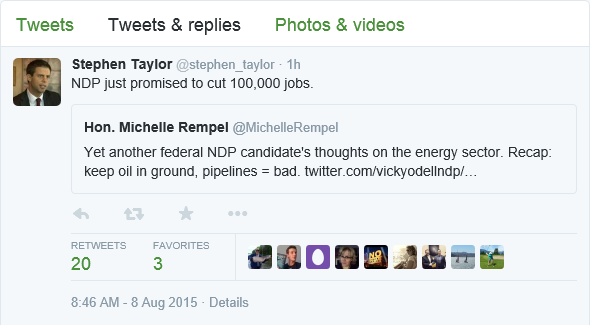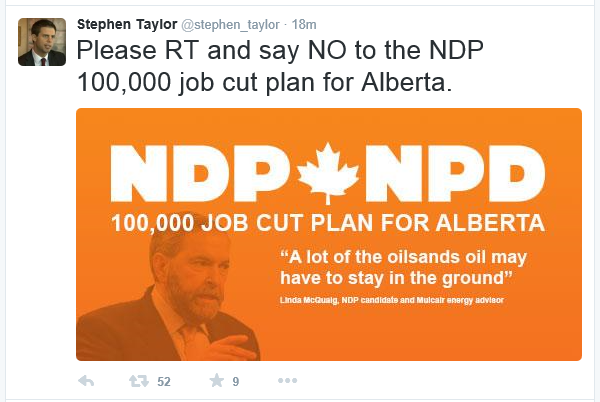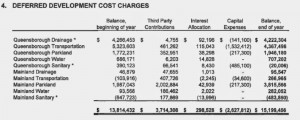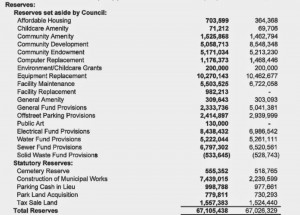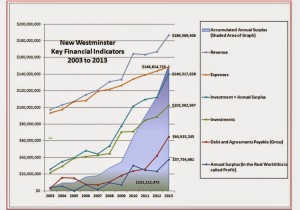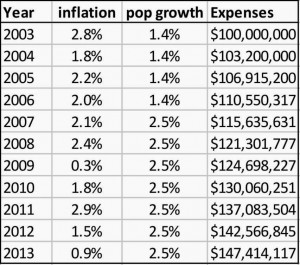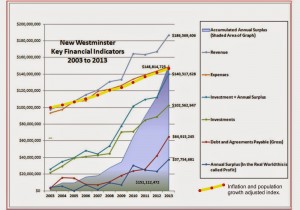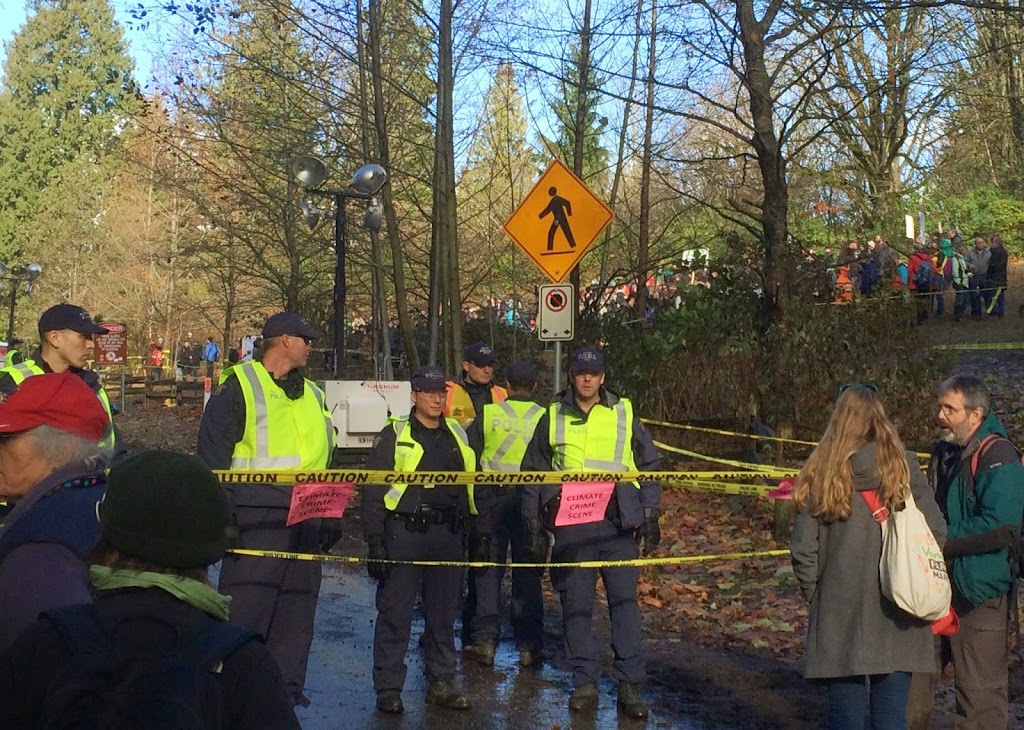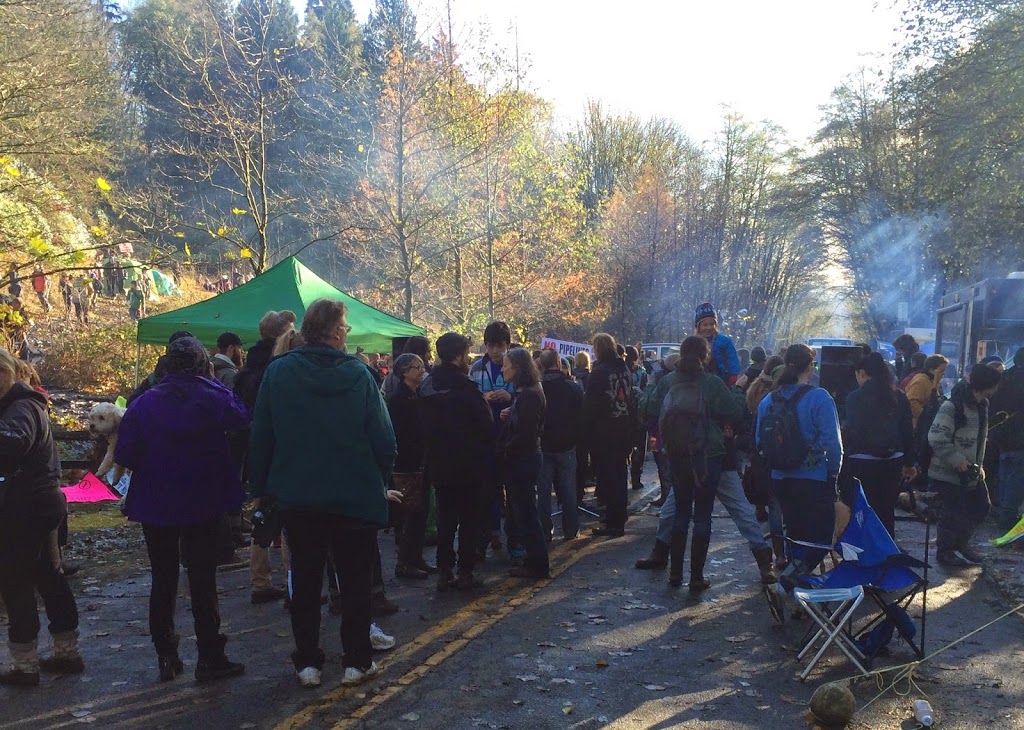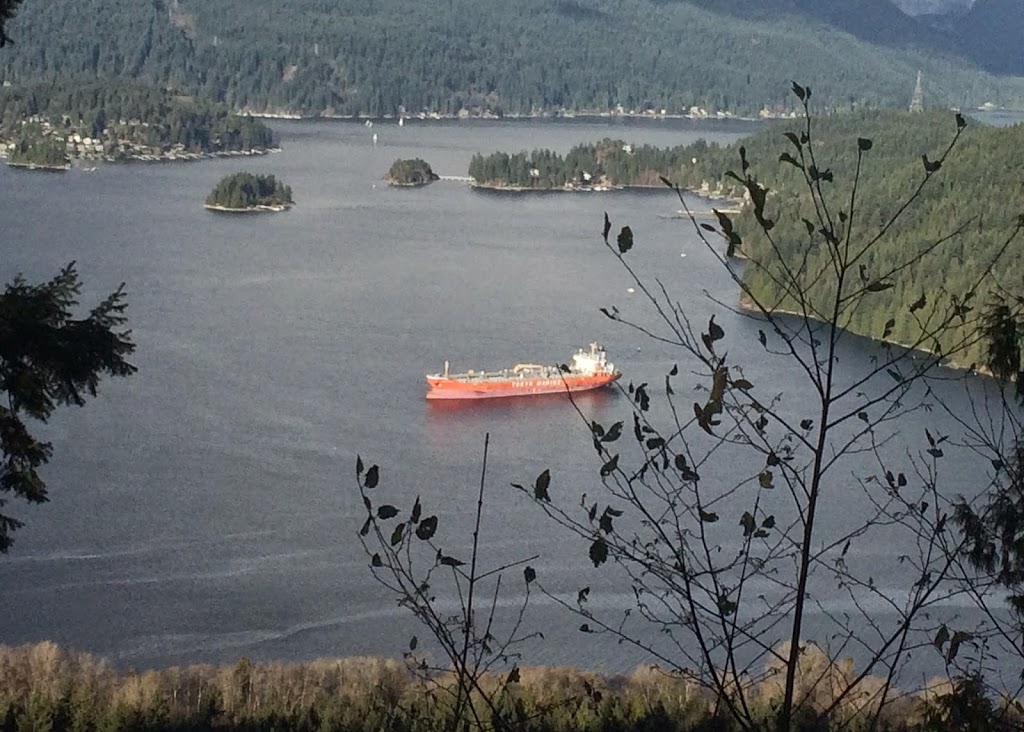I’ve mentioned the Gish Gallop before, in how it is used by the disingenuous to cast doubt on the scientific certainty that the observed recent increase in warming of the planet is caused by the introduction of fossil carbon to the atmosphere by human activity. I even opined that the Gish Gallop is the mark of someone who knows they are being disingenuous, because its use knowingly belies intelligent discussion of the topic or useful exchange of ideas.
I have also written several retorts and taken pot-shots at Tom Fletcher, because he is, in my opinion, the most ignorant, belligerent, lazy, and cynical columnist claiming the mantle of journalism in British Columbia today (and there is an ongoing battle for that low ground) while being unexplainably ubiquitous in small town media across BC. Misinformed and regressive opinions are one thing, but when combined with terrible rhetorical skills and piss-poor writing, it is pretty unforgivable that Fletcher still draws pay from the ever-shrinking dead tree media. I have not agreed with a P.J. O’Rourke opinion since I was an 18-year old, hemped up on hormones and car magazines and the smart-ass-conservative-white-dude-certainty they reinforce, but at least O’Rourke can turn a phrase and make me laugh while I disagree with him. Fletcher just makes me weep for a societal system that gives him a forum.
One thing they teach you in high school English class (and sorry to get all academic elitist here) is that an essay needs to have a thesis – in the OED sense of “a statement that is put forward as a premise to be maintained or proved”. In other words, before you sit down to write something, you need to understand what you are trying to say. For example, the thesis of this blog post started out as my strongly felt personal opinion that:
“Tom Fletcher is a hack journalist whose opinions are ignorant to the point of insulting his readership, whose writing skills are subpar, and whose continued employment as a columnist by Black Press represents an injustice to the many skilled and determined journalists currently suffering underemployment from the collapse of traditional media model, while also supporting the theory that this collapse is a result of wounds self-inflicted by the very media platforms that are suffering most from the collapse”.
Although, in the interest of brevity, I might have to reduce the scope of this thesis to the first 5 words.
The piece of evidence that led me to write an opinion essay on this thesis is Fletcher’s most recent Black Press missive, entitled “Inconvenient truths of climate change”. I challenge you to put a single-sentence thesis on this column that is supported by the column. Is Fletcher arguing that polar bears are fine, and therefore the climate is not changing? Is he arguing that the COP21 talks are doomed to failure, or that, because of the “religious zeal” of climate change profiteers, they should be doomed to failure? Is he arguing that BC was wrong to put in a carbon tax and reduce emissions while growing the economy, or that BC were previously leaders who are now failing because the economy is growing despite the existence of a carbon tax? Or is he arguing that Barack Obama’s failure to meet some of the aspirations he expressed at his inauguration should be a lesson to Justin Trudeau to just give up?
The column comes across as a Gish Gallop of disconnected factoids bereft of context, leading one to suspect that introducing context to any of the factoids would prove most of them to be less representative of the truth than a typical YouTube video comments stream. By introducing a little context, or at least a coherent narrative, perhaps Fletcher could get the column past the entire “old man sitting on a porch shaking his fist at passing clouds” aesthetic. Although, one could suppose that was the position he was actually aiming for. I can’t imagine his motivations, only marvel at the results.
Large parts of the old media are dying, at least in part because of instant accessibility to a huge variety of new voices and more interesting approaches to content delivery that are simply out-competing the dead tree press for time, for eyeballs, and for advertizing money. Smart companies are adapting to this change and not just taking the same stale product on-line, but are re-investing in quality of content, giving people a reason to look at what they are producing. Other companies are just pushing their old, tired concepts onto digital platforms, hoping that enough flashing lights along the edges will make their tired content seem new, and the pop-up ads will be attractive to the people who pay the bills. In the quest to appear “interactive” they have created unreadable comment forums attached to articles, that soon degrade into nonsensical collections of disconnected uninformed factoids bereft of content or self-recognition, interspersed with cynical drive-by insult-by-implication.
In other words: a typical Tom Fletcher column. They should be treated with the same deference.
